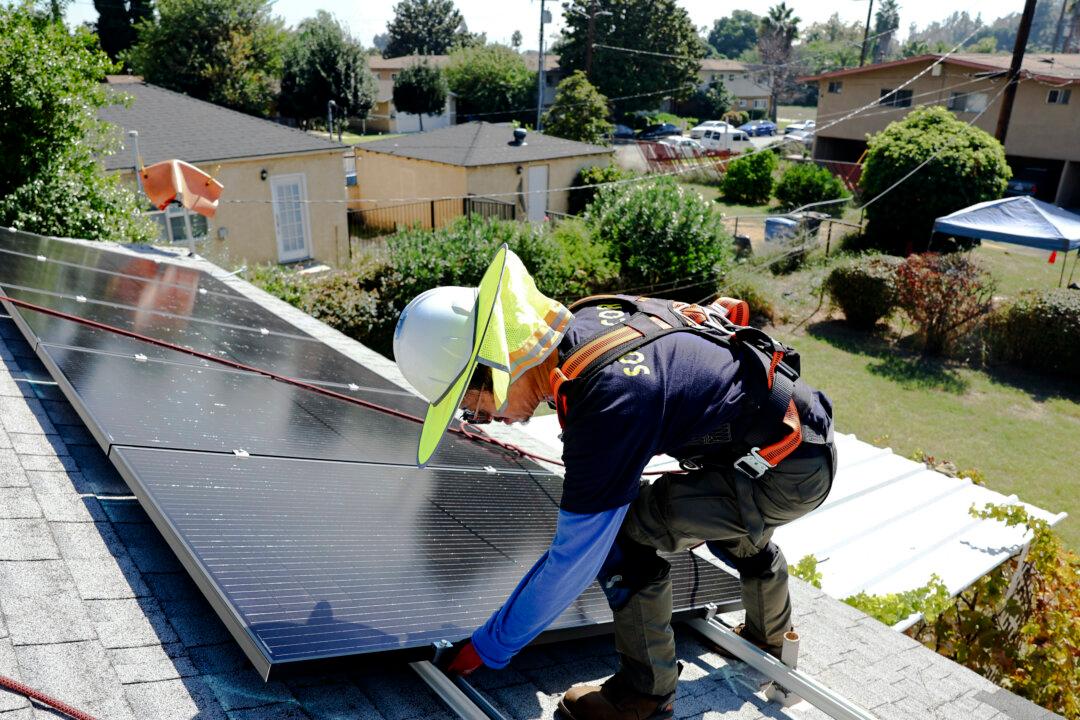The Consumer Financial Protection Bureau (CFPB) has finalized a rule that imposes stricter regulations on Property Assessed Clean Energy (PACE) loans, a financing tool for clean energy upgrades and disaster preparedness projects repaid through property tax bills.
The new rule, announced on Dec. 17, applies Truth in Lending Act (TILA) protections to PACE financing and imposes ability-to-repay requirements to prevent lending practices that saddle homeowners with loans they can’t afford to repay.





